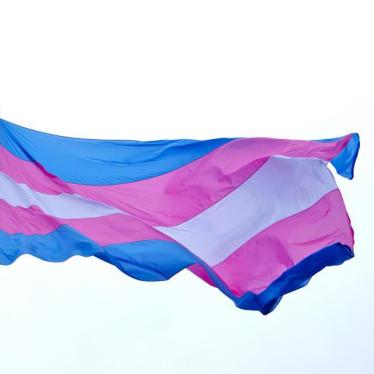On February 16, the Kuwaiti Constitutional Court ruled article 198 of the penal code, which arbitrarily criminalizes “imitating the opposite sex,” unconstitutional, finding it inconsistent with article 30 of Kuwait’s Constitution that enshrines personal freedom. Human Rights Watch has documented how such laws also violate the rights to free expression, privacy, and nondiscrimination under Kuwait’s constitution and international law.
The court’s decision is a positive step, as this discriminatory law has been used to harass, detain, and abuse transgender people in Kuwait. The court cited in its decision the law’s ambiguity, noting it does not specify what constitutes an “imitation of the opposite sex,” and its lack of objectivity, as the application of the law is left to the discretion of the authorities without any clear restrictive framework.
The vague law, passed in 2007 and allowing for sentences of up to one year, represented a sea change for transgender people in Kuwait as they now faced arrest, police brutality, and abuse in detention. In 2012, Human Rights Watch documented the law’s negative effects on the lives of transgender women in particular, who reported experiencing egregious abuse at the hands of police while in detention, including degrading and humiliating treatment, such as being forced to strip and being paraded around police stations, being forced to dance for officers, sexual humiliation, verbal taunts and intimidation, solitary confinement, and emotional and physical abuse that could amount to torture.
In October 2021, a Kuwaiti court sentenced Maha al-Mutairi, a 40-year-old transgender woman, to two years in prison and a fine for “imitating the opposite sex” online. Al-Mutairi, who was released upon appeal, told Human Rights Watch that it was the sixth time she had been arrested solely due to her transgender identity.
For 15 years, transgender people have lived in the shadow of this discriminatory law. The constitutional court’s decision is an important step in securing justice for transgender people. The Kuwaiti National Assembly should now repeal the amendment to article 198. Kuwaiti authorities should immediately release all those detained under this law and formally overturn any convictions under it. They should investigate all allegations of police brutality and abuse, hold officers accountable for misconduct, and protect transgender people from violence.










